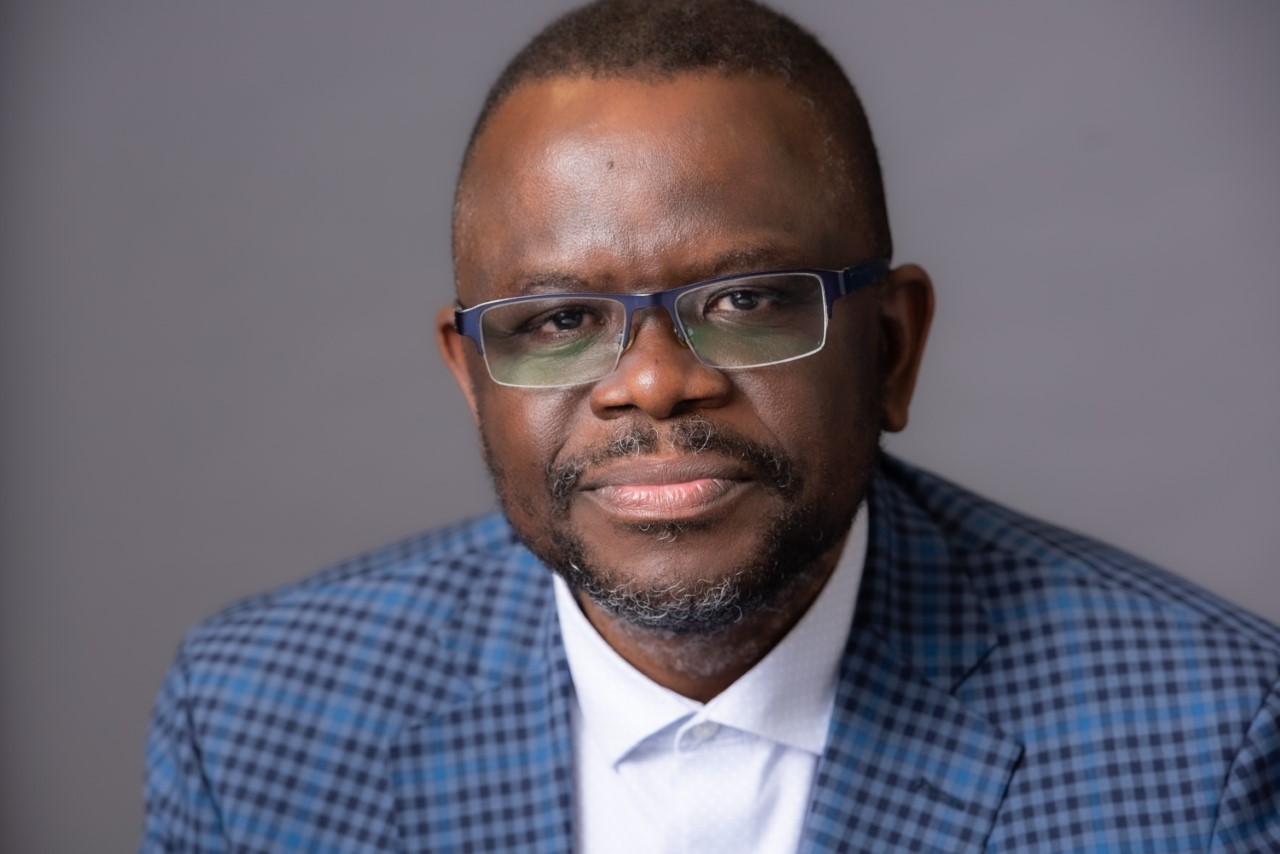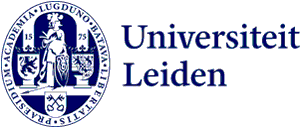
Each country interprets human rights differently. But why?
Why are universal human rights not applied in the same way across the world? This question has long been a topic of debate. Obiora Okafor, Professor of International Law and Institutions, aims to provide a fresh perspective on this debate at a symposium organised with support from the Owada chair on 16 and 17 January.
Universal human rights are interpreted differently across the world. Some countries put more emphasis on individual rights, while others put more emphasis on collective rights. And for one country, civil and political rights are key, while for another country, economic and social rights are more important.

Obiora Okafor
Originally from Nigeria, Professor Obiora Okafor specialises in International Law and Institutions at Johns Hopkins University in Washington. He has previously worked as an independent expert on human rights and international solidarity for the United Nations, where he provided annual advice to the Human Rights Council and the UN General Assembly.
Varying experiences
According to Okafor, some differences stem from people’s varying experiences living in different countries. He gives an example: 'A US human rights scholar once wrote that the anti-colonial struggle was not a human rights struggle. Almost every scholar I know from the Global South was deeply offended by that. It’s like saying the American War of Independence was not a freedom struggle. In my view, the scholar lacked the experience to fully understand why people view this as a struggle for human rights.'
Changes within human rights institutions
Global events also cause human rights institutions to evolve over time. 'What many people don't know,' says Okafor, 'is that the UN Human Rights Council only receives up to 4% of the UN's total budget. That’s a very small fraction of an organisation that is already strapped for cash. It makes the organisation heavily dependent on donations. In the past, those donations mainly came from European countries and the US, but countries such as China and Qatar are now also donors.' Okafor cannot say what the implications of this will be, but he does think it will result in more division. 'These countries don't have more to say, but they do have greater influence to push for action or prevent specific resolutions from being passed.'
Diversity is not necessarily a problem
Okafor is keen to stress that diversity in human rights is not necessarily a problem. 'In fact, embedding human rights with local experiences that people identify with can be a strength. If I said to my grandmother in Nigeria that she has the right to be looked after by my parents or me, she wouldn’t understand what I was saying. But if I said that my parents and I have a duty to take care of her, she would understand that. Our people have been speaking that language for centuries now.'
About the Owada chair
The universities of Leiden and Tokyo jointly established a chair named after Professor Hisashi Owada in 2021. The chair focuses on the interaction between international law and international relations from an interdisciplinary perspective and is structured as a series of lectures by prominent keynote speakers, followed by a symposium involving new-generation scholars from both universities. Sign up for all or part of the programme here.
Text: Dagmar Aarts
Photo: ANP
